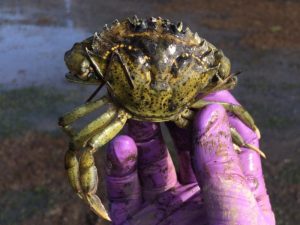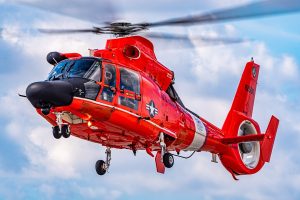F/V Wind Walker Tragedy in Alaska’s Icy Waters
 The icy waters off Alaska proved unforgiving early Monday morning as a tragic chapter unfolded. The F/V WIND WALKER, a 50-foot commercial vessel, capsized near Point Couverden, southwest of Juneau, leaving five crew members unaccounted for and a community dealing with grief and unanswered questions.
The icy waters off Alaska proved unforgiving early Monday morning as a tragic chapter unfolded. The F/V WIND WALKER, a 50-foot commercial vessel, capsized near Point Couverden, southwest of Juneau, leaving five crew members unaccounted for and a community dealing with grief and unanswered questions.
The U.S. Coast Guard first received a distress call at 12:10 a.m. on Sunday, December 1st, 2024. The urgent Mayday message conveyed a grim situation, as the vessel was overturning amid heavy snow, 60 mph winds, and six-foot seas. Attempts to gather more details were met with silence. Shortly after the call, an emergency beacon confirmed the distress signal from the waters of the Icy Strait.
The U.S. Coast Guard launched a large-scale search and rescue operation involving an MH-60 Jayhawk helicopter, a 45-foot response boat, and additional resources. Crews braved harsh conditions and searched over 108 square nautical miles. Despite their efforts, no sign of the crew was found. The search was suspended Monday morning, pending new information.
 Maritime Injury Law Blog
Maritime Injury Law Blog











